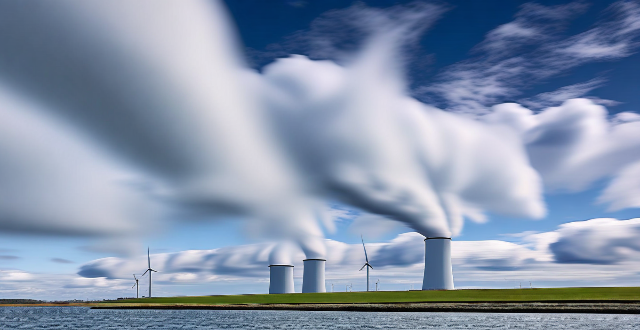Climate change impacts the energy market by increasing demand for cooling, causing unpredictable weather patterns, rising sea levels, and shifting energy sources towards renewables.

Impact of Climate Change on the Energy Market
Climate change has a significant impact on the energy market, affecting both the supply and demand for energy. Here are some ways in which climate change is affecting the energy market:
Increased Demand for Cooling
As temperatures rise due to climate change, there is an increased demand for cooling systems such as air conditioners and refrigerators. This increased demand for cooling systems leads to higher electricity consumption, which in turn increases the demand for energy.
Unpredictable Weather Patterns
Climate change is causing unpredictable weather patterns, including more frequent and severe storms, droughts, and heatwaves. These weather events can disrupt energy production and distribution, leading to power outages and shortages.
Rising Sea Levels
Rising sea levels caused by climate change pose a threat to coastal infrastructure, including power plants and transmission lines. This can lead to disruptions in energy supply and increased costs for repairs and replacements.
Shifting Energy Sources
Climate change is also driving a shift towards renewable energy sources such as solar and wind power. As these technologies become more cost-effective and widely adopted, they are reducing our reliance on fossil fuels and helping to mitigate the effects of climate change.
Overall, climate change is having a profound impact on the energy market, with both challenges and opportunities for innovation and adaptation.